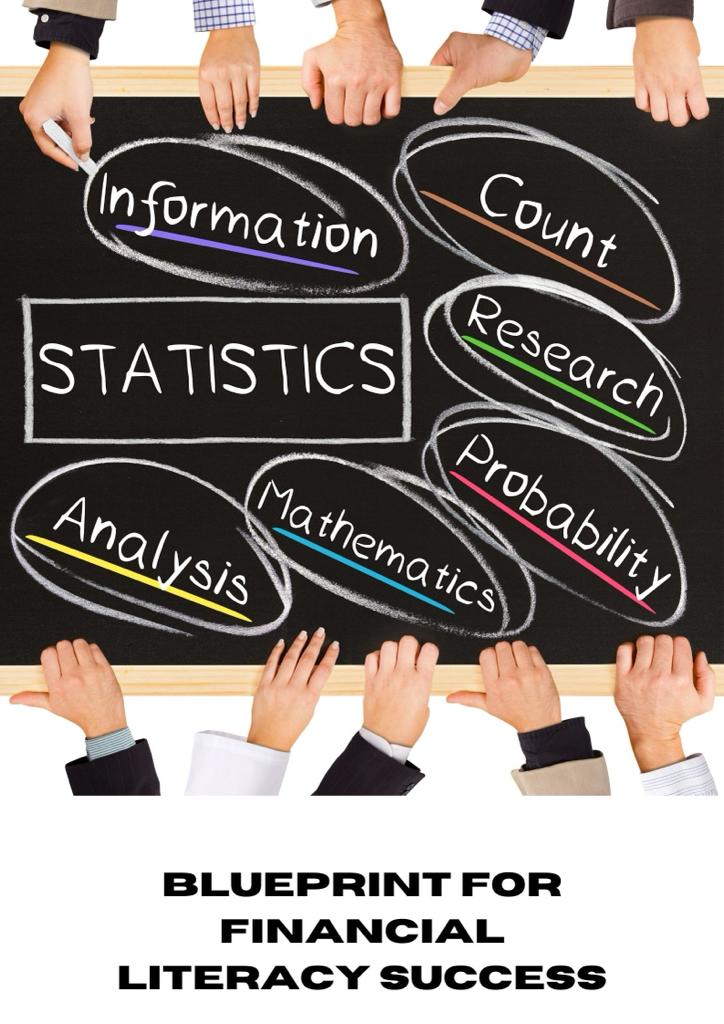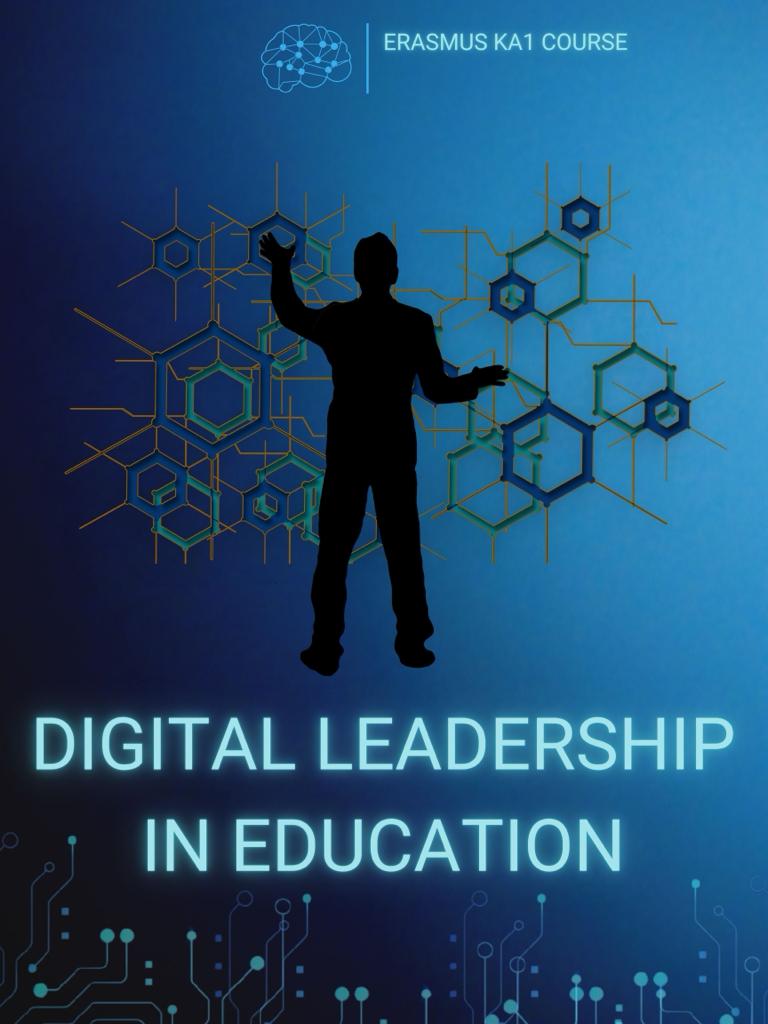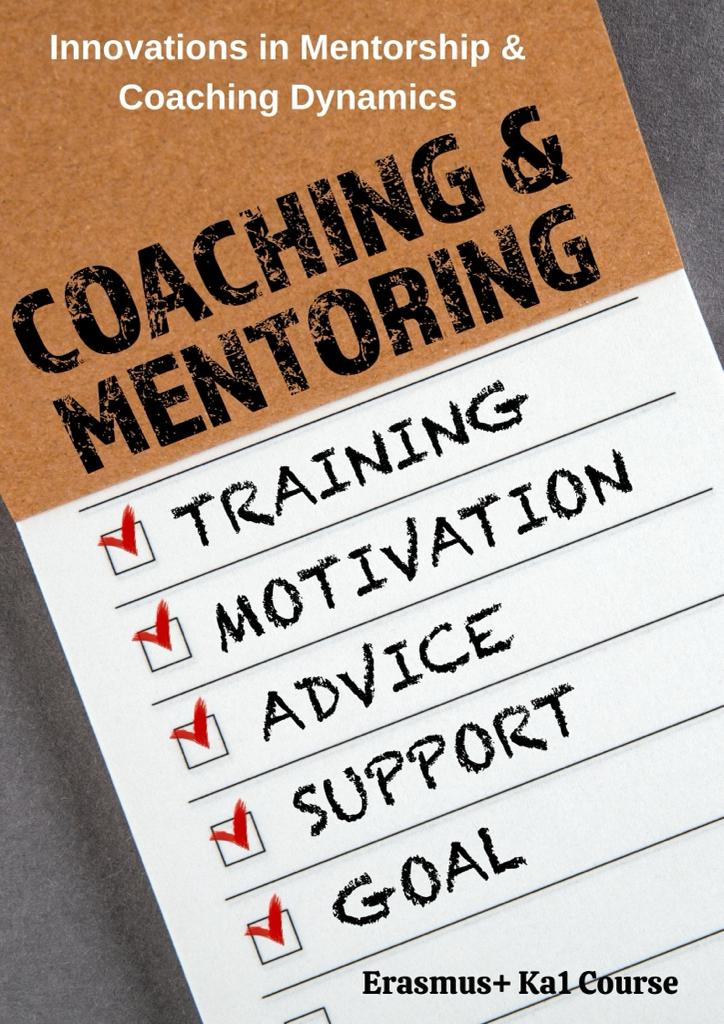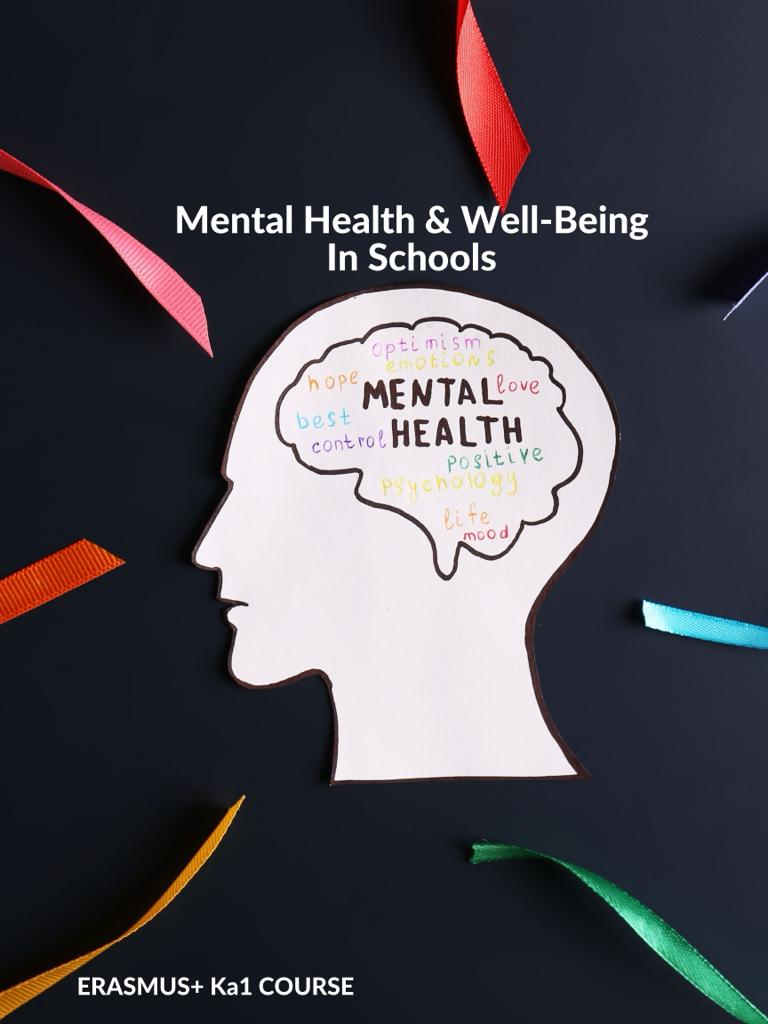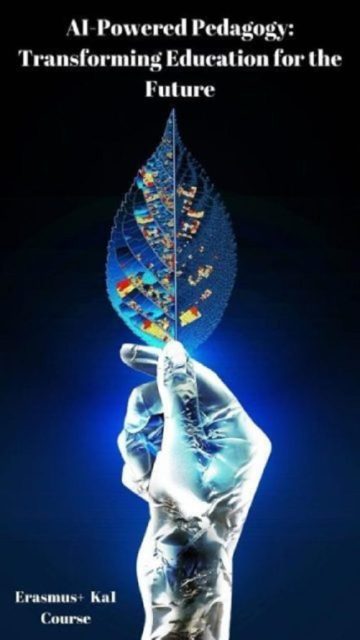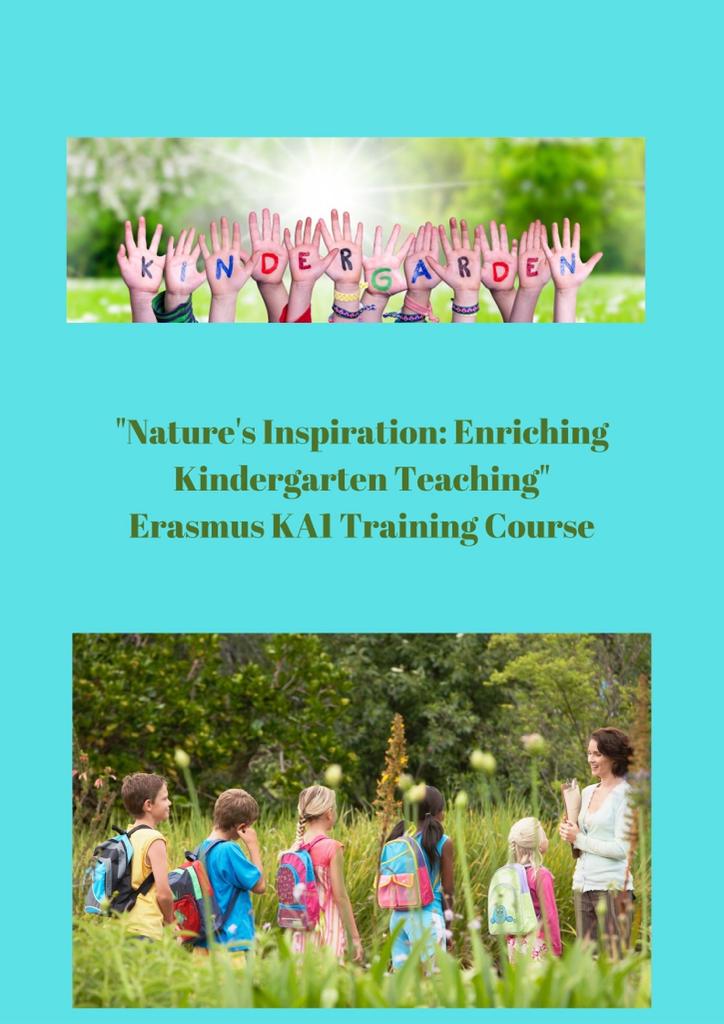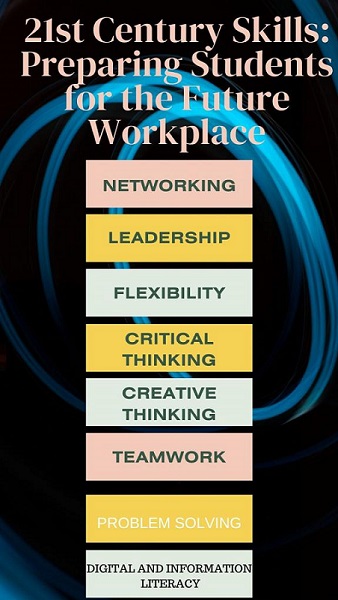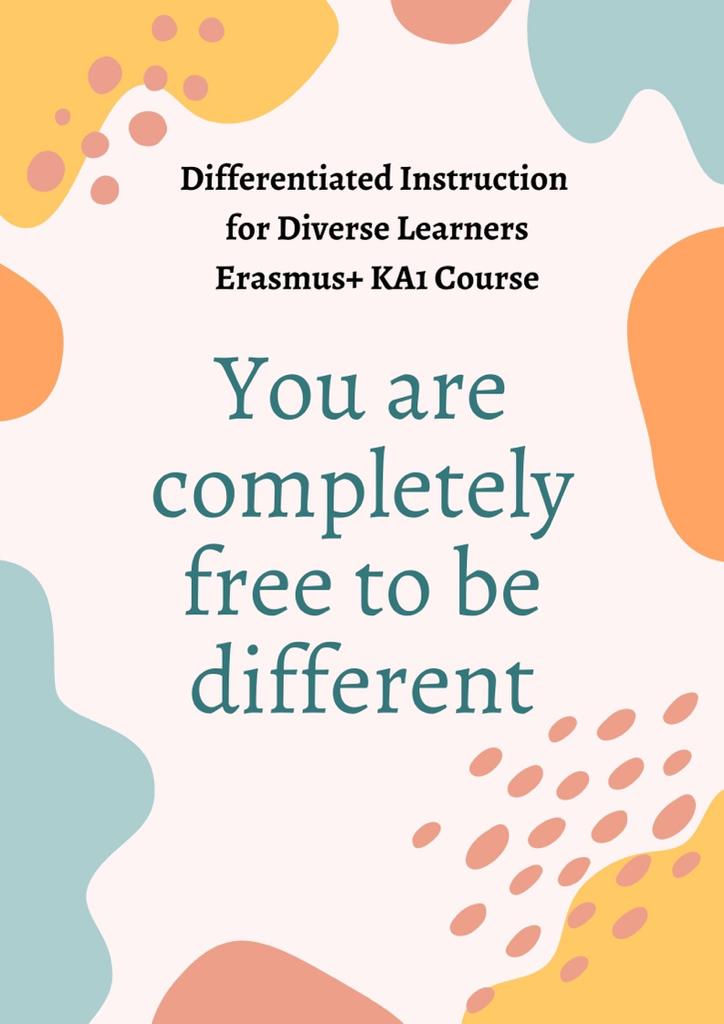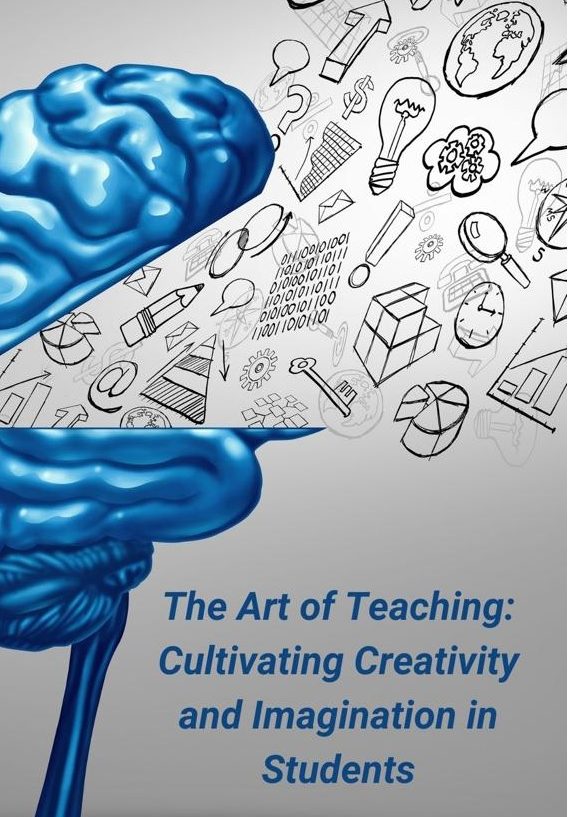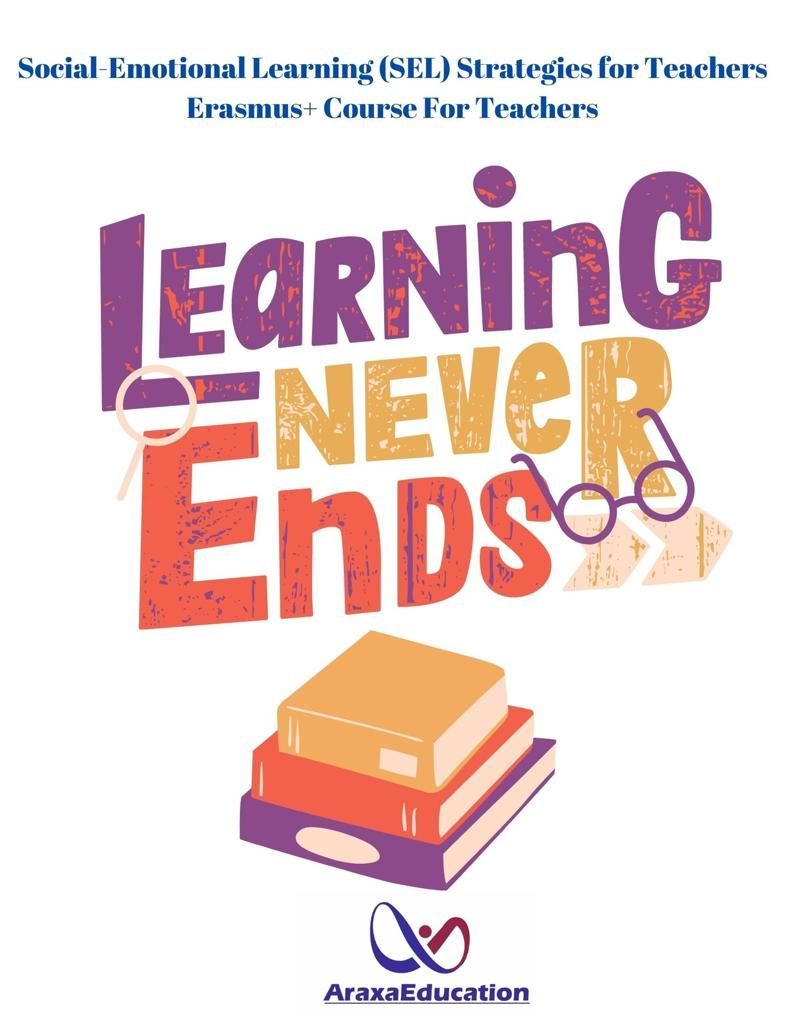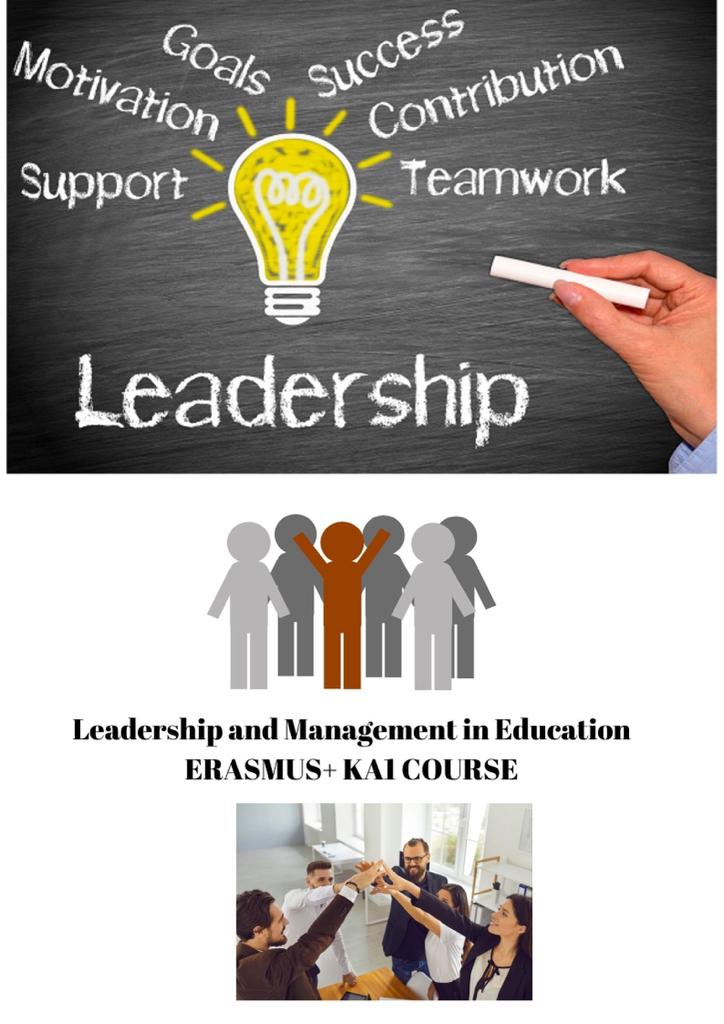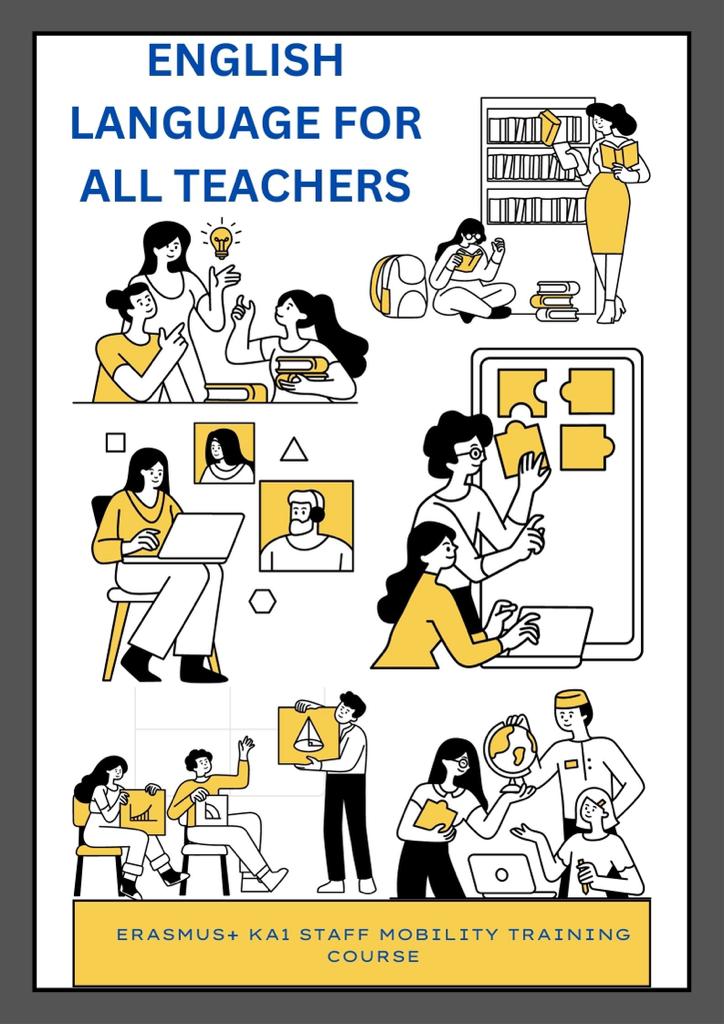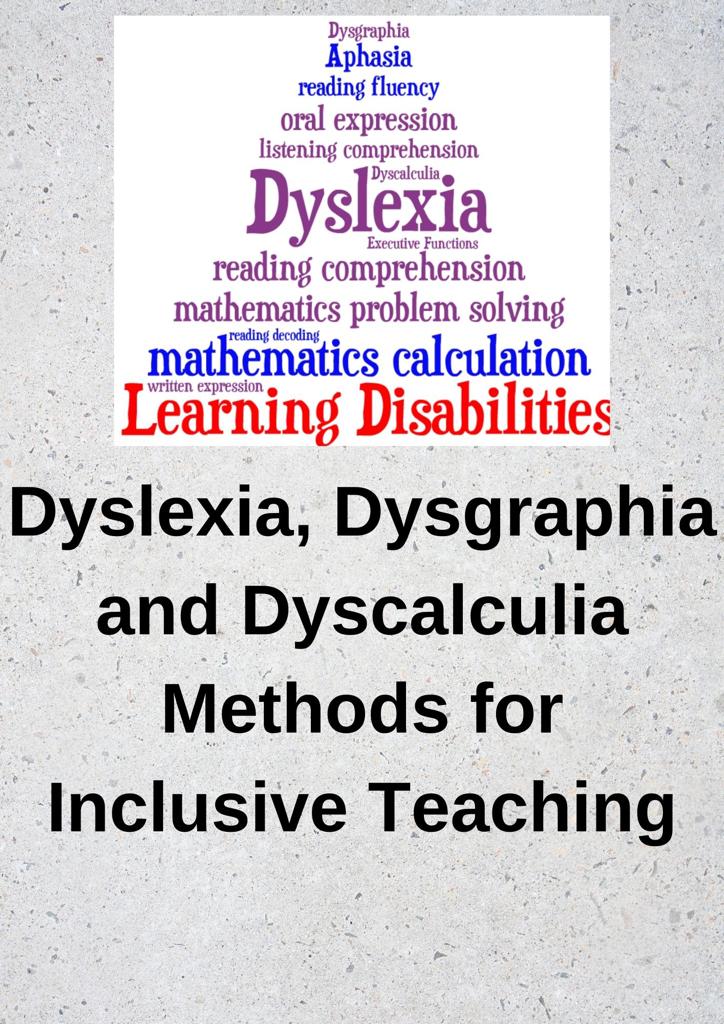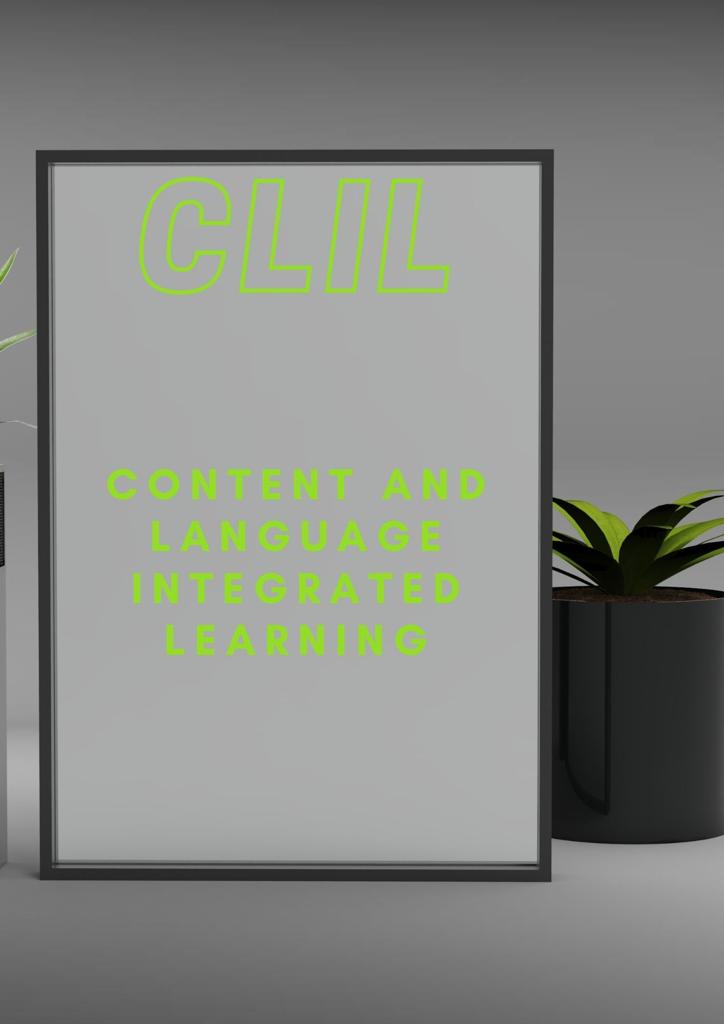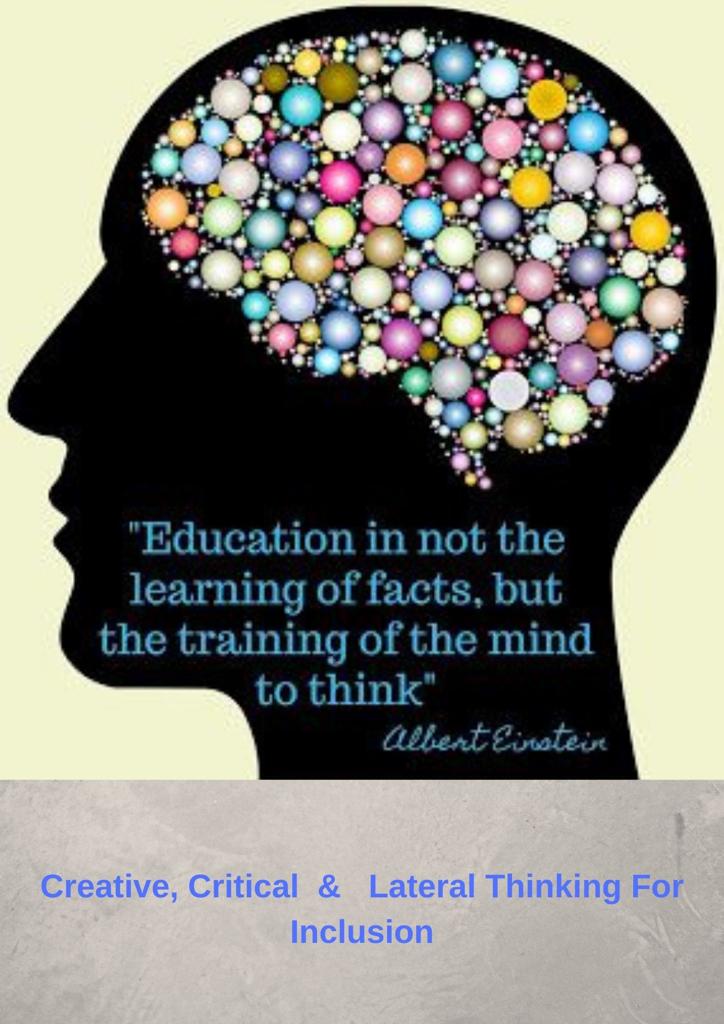| Course Description | Integration of immigrant children into schools is essential for the success of these children, both academically and socially.
This course is designed for teachers and trainers who work with immigrant children to provide effective, culturally sensitive education. Through this course, participants will gain insight into the cultural backgrounds of immigrant students, understand their different learning needs, and learn methods for integrating immigrant students into the school community. Participants will be provided with strategies for helping immigrant children adjust to the culture, language, and curriculum of the school system. Furthermore, this course will explore best practices for creating an inclusive classroom environment and providing appropriate academic support to ensure the success of immigrant children in the classroom. They will also learn how to use different strategies to support immigrant children, such as peer mentoring and activities that foster cultural understanding. They will also be equipped with skills for creating an inclusive and supportive school climate, as well as tools for resolving conflicts between immigrant students and their peers. As educators, it is important to remember that helping immigrant children successfully integrate into the school environment goes beyond simply teaching them the core curriculum |
| Methodologies Of The Course | Through active participation, the participants will be able to gain a better understanding of the topics discussed in class. To ensure active involvement, the course will use a variety of teaching strategies, such as lectures, demonstrations, and practical activities. At the same time, interactive activities such as debates, discussions, and problem-solving tasks will be encouraged throughout the course in order to stimulate critical thinking and provide an engaging learning environment. |
| Learning Outcomes | By the end of the course, each participant will be able to:
|
| Language | English |
| Duration | 5 Days |
| Type of Certification Awarded |
|
Schedule of the activities
|
Online Meeting Program |
|
| Day 1 |
|
| Day 2 |
|
| Day 3 |
|
| Day 4 |
|
| Day 5 |
|
|
Online Meeting Program |
Araxa Edu supports your dissemination activities |
| Course Fee | The course fee is 80 Euros per participant per day.
This fee does not cover some expenses like accommodation or travel etc. Costs covering enrolment fees for staff mobility format ‘Courses and training’. ( Source: Erasmus+ Program Guide) |
You can also make requests for different dates and locations when filling out the pre-registration form, aside from the planned program.
|
PLANNED |
İstanbul, Türkiye
1. May 13-17, 2024 2. July 08-12, 2024 3. September 02-06, 2024 4. November 04-08, 2024
Antalya, Türkiye 1. June 03-07, 2024 2. August 05-09, 2024 3. October 07-11, 2024 4. December 02-06, 2024
Rome, Italy 1. June 10-14, 2024 2. August 12-16, 2024 3. October 14-18, 2024 4. December 09-13, 2024
Barcelona, Spain 1. June 17-21, 2024 2. August 19-23, 2024 3. October 21-25, 2024 4. December 16-20, 2024
Paris, France 1. June 24-28, 2024 2. August 26-30, 2024 3. October 28-November 01, 2024 4. December 23-27, 2024
Prague, Czech Republic 1. July 01-05, 2024 2. September 09-13, 2024 3. November 11-15, 2024 4. January 06-10, 2025
Thessaloniki, Greece 1. July 08-12, 2024 2. September 16-20, 2024 3. November 18-22, 2024 4. January 20-24, 2025
Lisbon, Portugal 1. July 15-19, 2024 2. September 23-27, 2024 3. November 25-29, 2024 4. January 27-31, 2025 |
The successful integration of immigrant children into schools is crucial for their academic and social well-being.Erasmus+ Ka1 Course is specifically crafted for teachers and trainers working with immigrant children, aiming to deliver effective and culturally sensitive education.
Throughout the program, participants will delve into the cultural backgrounds of immigrant students, gaining valuable insights into their unique learning needs. They will learn practical methods for seamlessly integrating immigrant students into the school community, fostering a sense of belonging and support.
Participants will also receive comprehensive strategies for aiding immigrant children in adapting to the school system’s culture, language, and curriculum. Additionally, Erasmus+ Staff Trainin Course will explore best practices for cultivating an inclusive classroom environment and providing tailored academic support, ensuring the academic success of immigrant children.






